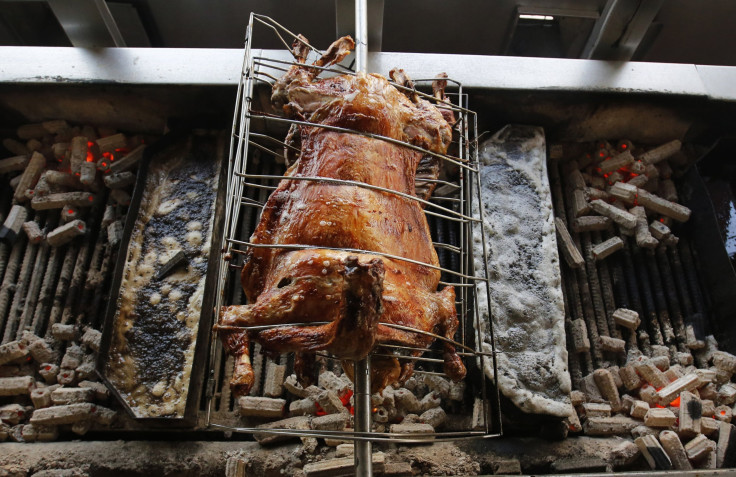Paleo diet weight loss more effective

Experts from Edith Cowan University (ECU) have suggested that the popular Paleo diet is more effective in losing weight than the recommended Australian dietary guidelines. The experts put 39 healthy women on either the Paleo diet or the standard Australian diet for four weeks.
Lead researcher Angela Genoni said that women who were put on the Paleo diet lost an extra two kilograms over the period than those who were put on the standard Australian diet. The long-term benefits of the Paleo diet are however not known or remain unclear. Paleo diet requires people to consume vegetables, fruits, eggs, nuts and lean meats. Dairy, legumes and grains are strictly banned in the diet.
Both the groups in the study lost weight although the women on Paleo diet lost 4.3 percent of their body weight on average over the testing period. On the other hand, women following the recommended dietary guidelines lost 1.6 percent of their body weight.
“Advice was also given to reduce intake of discretionary food items, such as cakes, biscuits, sugary drinks and candy,” stated the research.
Women on the standard diet were asked to increase their vegetable, fruit and whole grain intake. They were also asked to reduce fat consumption and consume low fat dairy products instead.
Researchers from the ECU's School of Medical and Health Science compared the impacts of the two diets on cardiovascular health. They did not find any significant difference between the two as far as cardiovascular health of the individuals was concerned.
However, Genoni also pointed out the fact that as “the Paleo diet markedly reduces the calcium intake relative to the [standard healthy guidelines] diet because it excludes all dairy products,” this may have a negative effect on the bone density, especially in older people.
Experts are of the opinion that it is too soon to recommend the Paleo diet to people and further research is required. They said that people on the Paleo diet lose weight as they eat fewer calories. Results showed that the loss of weight was associated in a major way with lesser energy intake and percentage of daily energy from protein.
Experts said that the higher intake of protein may cause health problems in future. The study found that deleting food groups in the Paleo dieters led to significant reductions in vitamins such as thiamin, riboflavin and calcium.
“There is much more to health than simply weight, so dietary patterns that exclude entire food groups are likely to impact overall health due to a reduction in food variety, therefore further research is required in healthy subjects to assess the long term health impacts,” said ECU associate professor Amanda Devine.





















